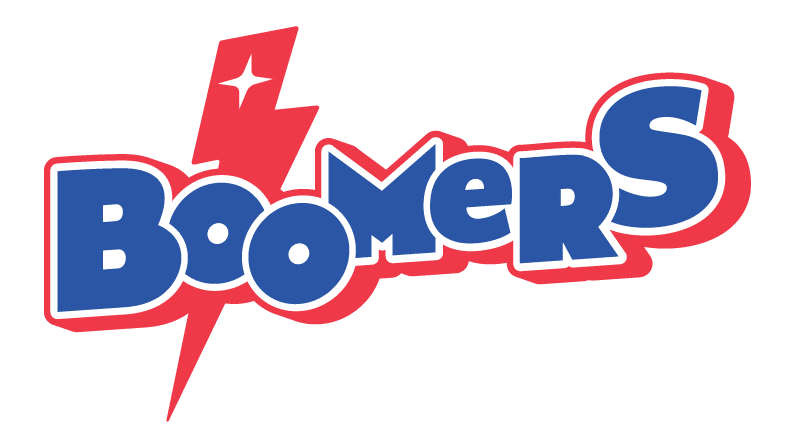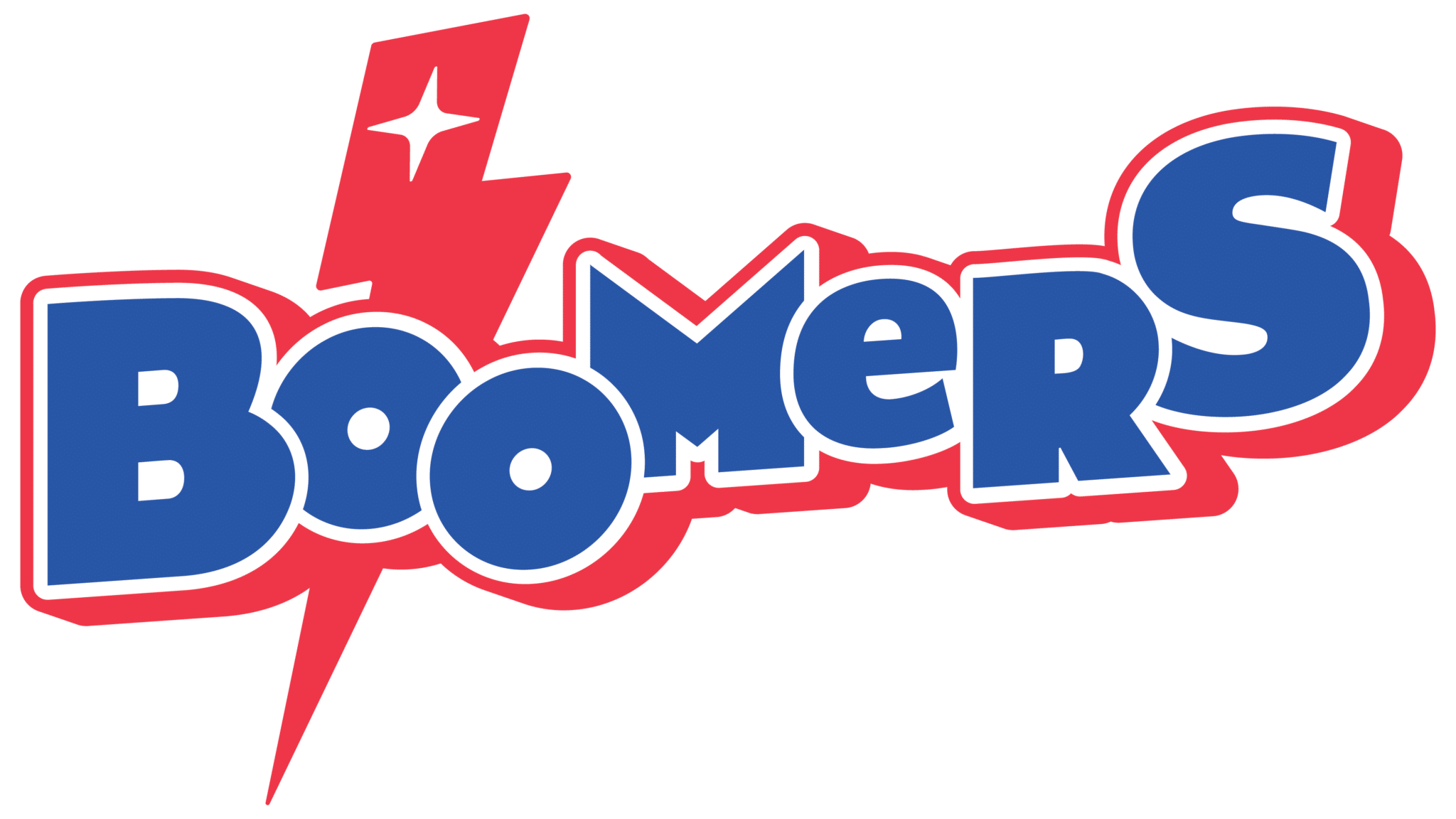Guests with DisAbilities
Boomers Parks is focused on providing accessible, inclusive fun.

WheelChairs
Service Animals
What is a Service Animal?
Service animals are defined as dogs that are individually trained to do work or perform tasks for people with disabilities. Examples of such work or tasks include:
- Guiding people who are blind
- Alerting people who are deaf
- Pulling a wheelchair
- Alerting and protecting a person who is having a seizure
- Reminding a person with mental illness to take a prescribed medication
- Calming a person with Post Traumatic Stress Disorder (PTSD) during an anxiety attack
Service animals are working animals, not pets. The work or task a dog has been trained to provide must be directly related to the person’s disability. Dogs whose sole function is to provide comfort or emotional support do not qualify as service animals.
Owner/Handler Responsibilities
The owner/handler is responsible for the control, care, supervision and behavior of the animal. The animal shall always be under the control of its handler. The animal shall have a harness, leash, or other tether, unless either the handler is unable because of a disability to use a harness, leash, or other tether with the service animal, or the use of a harness, leash, or other tether would interfere with the service animal’s safe, effective performance of work or tasks, in which case the service animal must be otherwise under the handler’s control (e.g., voice control, signals, or other effective means).
Any animal that behaves in an unsafe, uncontrolled or unacceptable way is not permitted on the premises.
Examples of unacceptable behavior include uncontrolled barking, jumping on other people, or running away from the handler. An animal that poses a direct risk or threat to the health or safety of others is not permitted on the premises. The animal must be healthy and vaccinated in accordance with applicable laws. The animal must be housebroken.
We may ask for the removal from the premises of any animal:
-
That is not housebroken
-
Whose handler does not take effective action to control it
-
That behaves in an unsafe, uncontrolled, or unacceptable way
-
That is not healthy and vaccinated in accordance with aplicable laws
-
That poses a direct risk or threat to the health or safety of others

Is a Service Animal the same as an Emotional Support Animal?
Rides & Attractions
Animals are not permitted on rides or in the water attractions. Our rides are not equipped or designed for accessibility to or safe ridership or use by animals. While a handler rides a ride or is in a water attraction, or is otherwise not available for the control, care, supervision and behavior of the animal, they must have another member of the handler’s party assume control, care, supervision and behavior of the animal.
Service Animal Relief Areas
Service Animal “Relief Areas” are located outside the park in the grassy areas. Owners are responsible for disposing of their animal’s waste.
Animal Policy
Personal Care Attendant
The Personal Care Attendant (PCA) program is designed to accommodate guests with disabilities who are in need of support services such as personal hygiene, eating, toileting, transferring, safe movement, maintaining continence and/or medication management, in order to participate in the Park’s goods, services and attractions.
The PCA’s attendance is required to enable the guest to participate in the Park’s goods, services and attractions. The PCA is not a guest and shall not participate in any of the Park’s goods, services or attractions separate and apart from their client. The PCA receives compensation for the PCA’s services, and the PCA is professionally licensed as a home health aide. If the Park discovers that the guest or the PCA has misrepresented the purpose of the PCA or that the PCA has acted as a patron of the Park as opposed to a PCA, the PCA and the guest will be expelled from the Park and may be barred from future entry.



